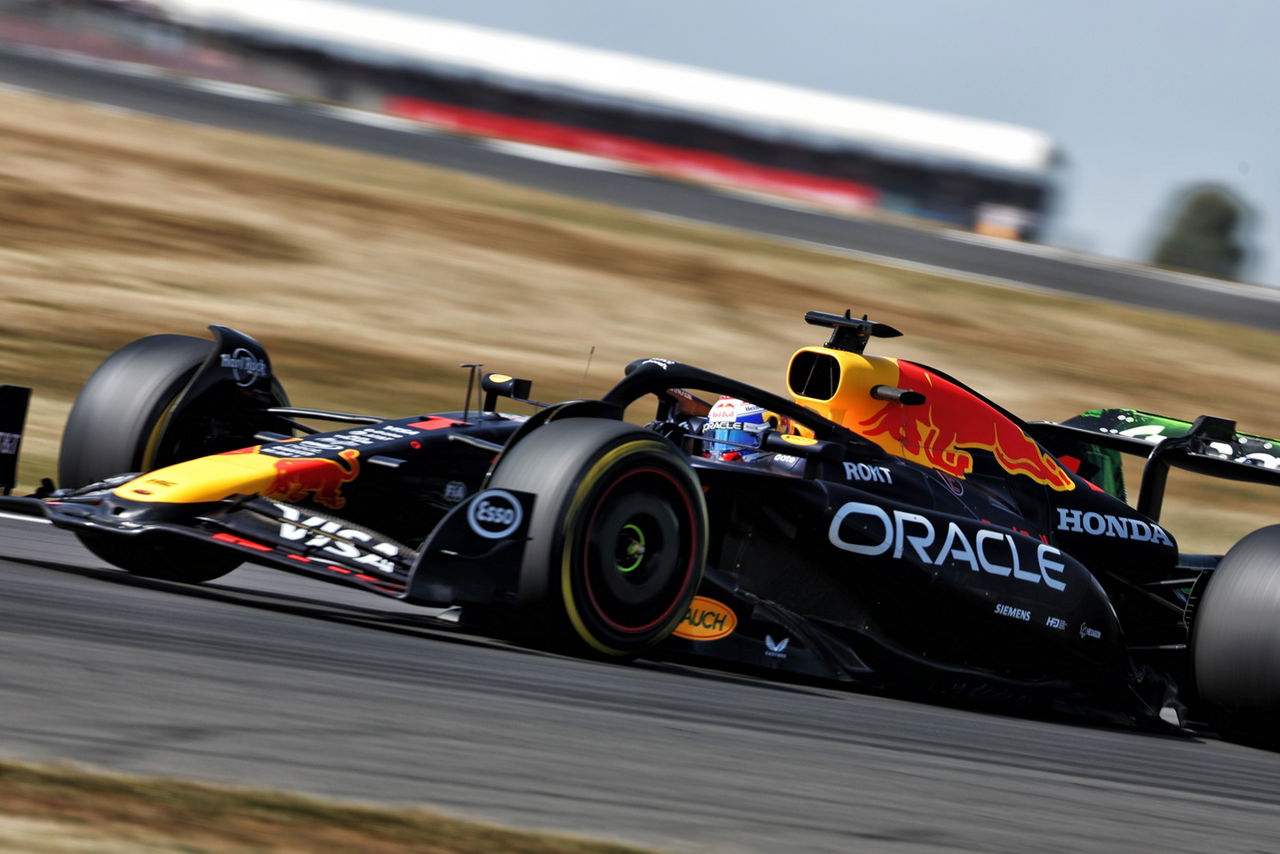Max Verstappen faced significant handling challenges during the first day of the UK Grand Prix weekend, describing it as "pretty bad" due to car balance issues. The Red Bull driver started the day in 10th place during the first practice at Silverstone, trailing Ferrari’s Lewis Hamilton by over half a second. Although he improved to fifth in the second practice session late in the afternoon, he remained nearly half a second behind McLaren’s Randnoris, who topped the charts.
Verstappen, who had to retire on the opening lap of last weekend’s Austrian Grand Prix, was cautious when assessing his Friday performance. He told Sky TV, "It was a pretty bad day for me personally. There was no balance in the car. It’s also very difficult to push through corners, so overall it was a rough day for us." He mentioned that every race weekend is different and noted the windy conditions at Silverstone made the car especially sensitive, adding that the day was generally tough.
When asked if Red Bull and he had plans to improve the RB21’s speed overnight, Verstappen’s response was not detailed. Sky TV’s analysts, including 2009 World Champion Jenson Button, pointed out Verstappen’s struggles with understeer throughout the day. Dutch drivers are known for liking a car with a sharp and responsive front-end. Button explained, "The problem is he had understeer in his first run, followed by a rear-end slide, and now it’s back to understeer, which is difficult to fix. The front wing has limits, and changes are tough to make." He added that Verstappen excels when driving a car that’s balanced on the front tires, suggesting the current setup limits his ability to shine.
Meanwhile, Verstappen’s teammate Yuki Tsunoda finished 15th after missing the opening practice, giving track time to Red Bull junior driver Arvid Lindblad.
Fan Take: Verstappen’s struggles highlight the unpredictable nature of F1, where even top drivers can face tough weekends due to car issues. This adds an exciting layer to the sport, reminding fans that victory isn’t guaranteed and that teams must constantly innovate to stay competitive.



